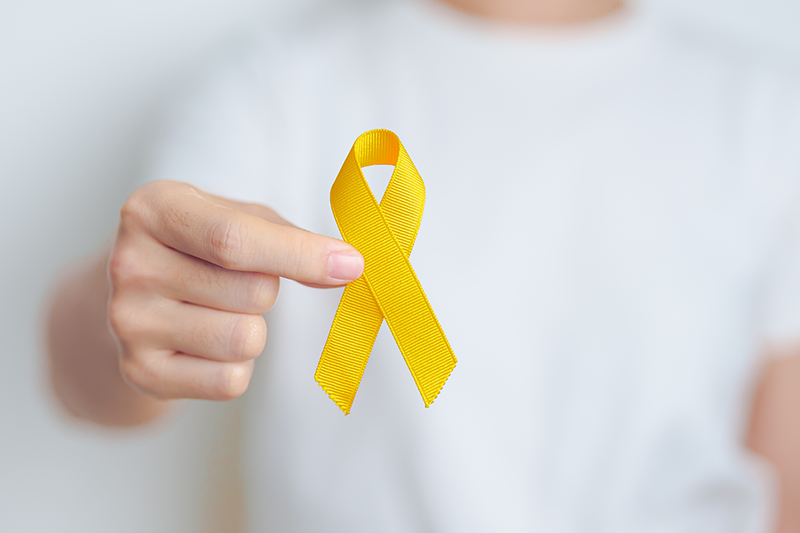The UK’s Worker Protection Act came into force last October; now is the time for all employers to act.
Every year, thousands of people will end their lives by suicide with many more attempting to end their life in this way. People from all age groups and all walks of life will take this path, feeling as though there was no other way out, nowhere else to turn. Others will experience suicidal thoughts at some point, estimated to be around 20% of the general population, at any given time.
Sadly, the numbers do not lie. Figures released this week tell us the suicide rate here in the UK has risen quite dramatically for the first time since 2002. This increase is largely driven by suicides among boys and men, whilst suicides amongst females under the age of 25 are also seeing a significant increase.
What hasn’t changed is the fact that men are still three times more likely than women to die by suicide with 4,903 male deaths recorded in 2018 compared to 1,604 female deaths. One of the biggest concerns here, is the increase in the rates of young people aged between 10 to 24 killing themselves and a sharp rise in the number of young females, also reaching an all-time high.
Whilst every life lost through suicide is a tragedy, the ripple effect for those left behind can be devastating and have enormous effects on the lives of families, friends and communities. Not only will they struggle to come to terms with their loss but can also struggle with a real sense of guilt, shame and confusion.
There is so much stigma that surrounds this topic, but it doesn’t have to be this way. Suicide is preventable. Those that are contemplating suicide do not want their lives to end, they simply want to end the pain.
By arming ourselves with the knowledge and skills required to spot the early warning signs for someone who might be feeling this way, will not only allow us to get more comfortable with this topic, but might just save a life.
We provide a host of mental health awareness training which can help you to spot some of the early warning signs and to then support someone who might be feeling this way. A simple conversation, held in the right way might make all the difference in saving somebody’s life.
To hear more about how we can do this please contact me on 020 3695 0474 or mark.ogrady@byrnedean.com
September 10 is Suicide Prevention Day. We are proud to donate 2.5% of our Mental Health related income to the Samaritans: https://www.samaritans.org/
“We know that suicide is not inevitable; it is preventable, and encouraging steps have been made to prevent suicide, but we need to look at suicide as a serious public health issue.”
Related Articles

Creating psychological and challenger safety: a practical guide

5 reasons workplaces should embrace neurodiversity, and learnings from Bahar Khorram vs Capgemini UK





